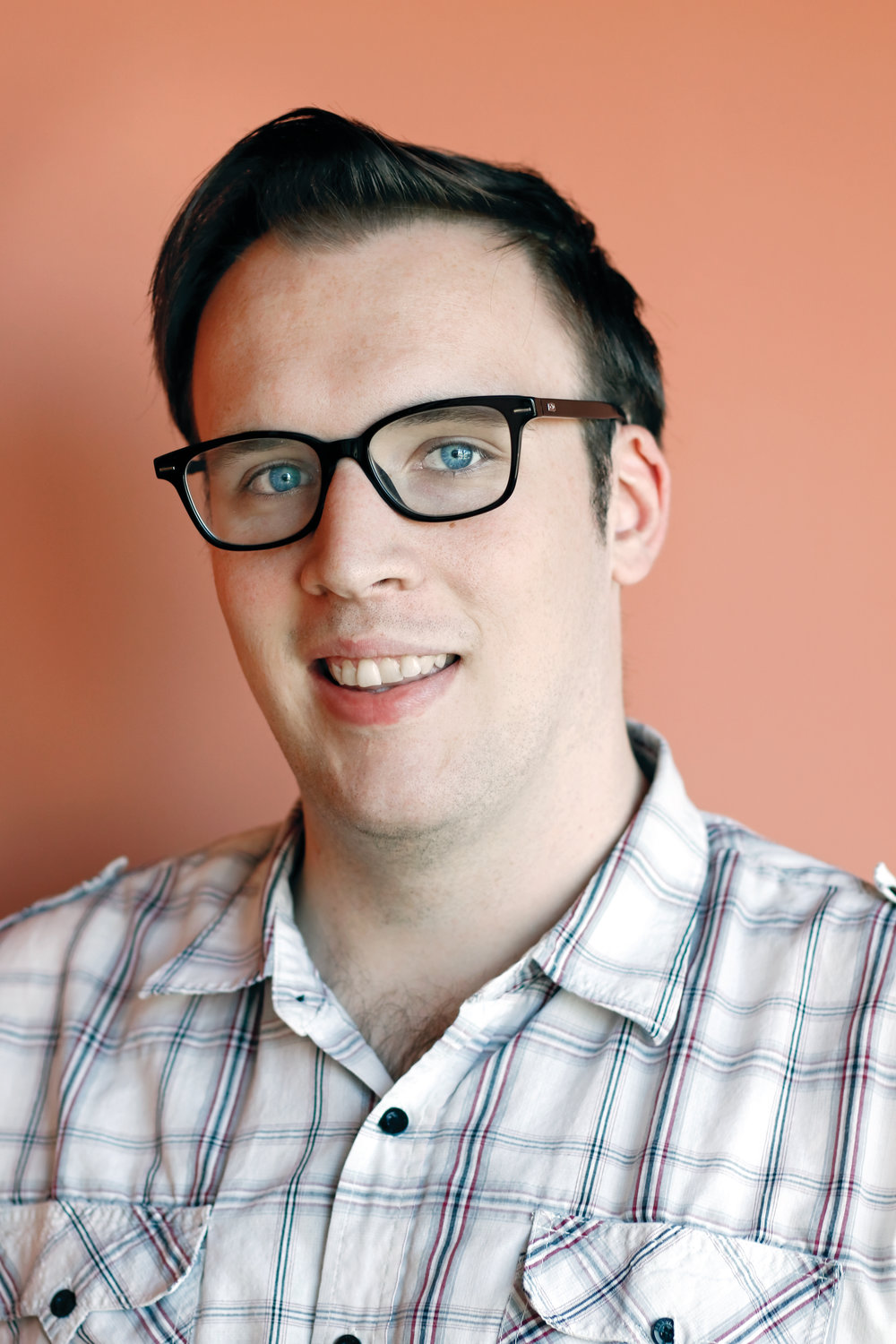Catholics must speak up to end abuse
When I see stories of sexual abuse by clergy members, I’m often angry with many people. Mostly, I’m angry with those who allowed the abuse to go on uninterrupted for years, whether they be church officials who helped cover it up, or the older generation of Catholics, who wouldn’t believe victims because they didn’t think priests would commit such heinous acts.
For years, it seemed so easy to me: Catholics are taught from an early age not to lie, and that withholding the truth is a form of lying. At Mass, we often hear of the Golden Rule preached by Jesus Christ: “Do to others what you want them to do to you.” (Matthew 7:12.) How, then, could we hear of these horrible acts and not want to expose the bad priests and bring an end to the abuse? Doesn’t our faith command us to do so?
I always thought I would speak up if I found myself in that situation. But I didn’t.
In 2011, I worked as a sacristan, setting the altar before Mass and caring for the church, at my home parish of Holy Family in Fresh Meadow, Queens. One of the priests, the Rev. Lou Aufiero, was an old family friend who had baptized my youngest brother. For months we got along well, and talked often in the rectory. But our relationship changed after what started as an innocent discussion about my ethnicity. “My father is Irish and my mother is Hungarian,” I told him.
“You know what’s the good thing about Hungarians?” he asked. I shook my head, not knowing where he was going with this. “They’re good-looking and well-hung,” he answered with a chuckle. I remember being in shock for the rest of the day, and for a few days after that, at what he had said.
I told only a handful of people what had happened, mostly close friends and one of my brothers. But I never reported the incident, even as I heard others’ stories about what they saw as Aufiero’s suspicious behavior.
I never thought much of my silence until this February, when the Diocese of Brooklyn released the names of 108 clergy members who had been credibly accused of sexual abuse. The third name on the alphabetical list was Aufiero’s, accompanied by a note stating that there had been several abuse allegations before and after he died in 2015.
Although I wasn’t shocked to see his name, the list still stirred up many emotions. Once again, there was anger — this time at myself. At best, Aufiero’s remark had been a bad attempt at a joke, but it was nothing that a priest should ever say to anyone. I knew this and yet I had said nothing to the church’s pastor, the diocese or any other church officials.
A friend later told me that Aufiero probably engaged his victims in a similar manner. That’s not unlikely, because there have been many cases of clergy abuse that began with priests making friends with their victims before those relationships took inappropriate turns.
Was Aufiero trying to do the same with me? I wondered. How many other people had heard him make crude remarks and said nothing? How many people was he allowed to abuse because nobody — including me — spoke up?
Finally, I asked myself whether it would have mattered if I’d reported him. Would the parish, or the diocese, have taken any action that would’ve resulted in an investigation or any meaningful action?
Although I’ll never know that answer, I realized that it’s irrelevant, because my faith calls on me to do what’s right. As Catholics, we are asked to live the teachings of the Bible, and not just listen to them every Sunday at Mass. “Save those who are weak and needy. Save them from the power of sinful people.” (Psalm 82:3.) It’s the duty of the faithful to speak up when they see priests abusing their power and taking advantage of the weak.
Although many, like myself, may not trust the church at times to handle these situations properly, not reporting them goes against everything our faith professes. No, it won’t be easy, but Jesus never promised us life would be.
Anthony O’Reilly is the editor of the Baldwin Herald. Comments about this column? Aoreilly@liherald.com.

 47.0°,
Mostly Cloudy
47.0°,
Mostly Cloudy 




